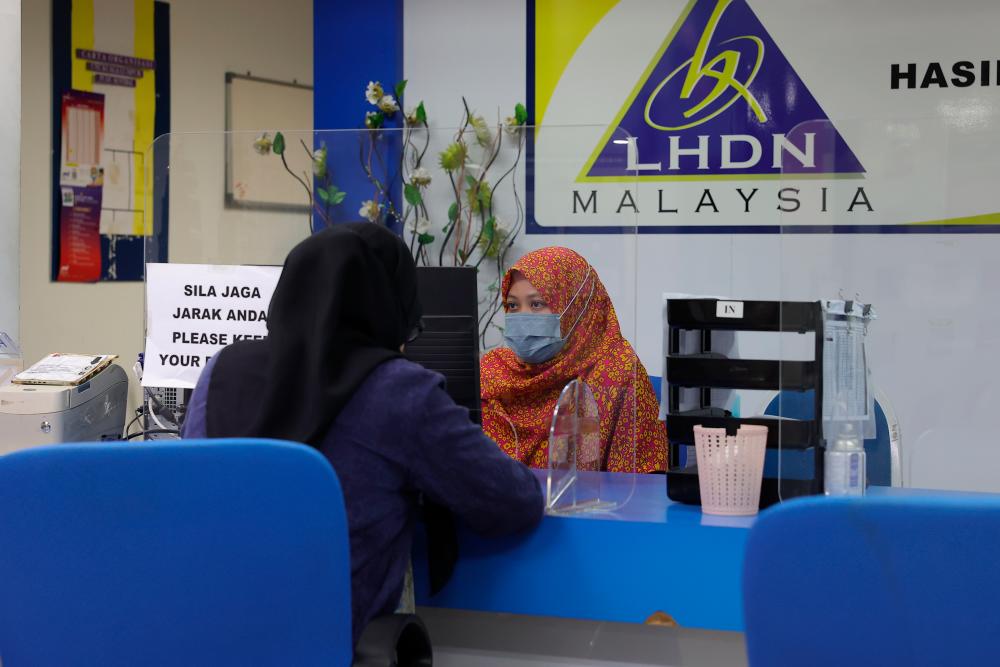PETALING JAYA: The Inland Revenue Board (IRB) is cracking down on unregistered and unlicensed individuals as well as traders who avoid paying taxes by running e-commerce businesses without recording sales and purchase transactions.
Its director Noraini Mustafa told theSun that e-commerce growth has created a shadow economy where these individuals and businesses conduct transactions in cash, leading to leakages in tax collection.
“The shadow economy is composed of unregistered and unlicensed businesses that evade tax by employing part-time staff, paying salaries and conducting transactions in cash to avoid reporting income, and paying taxes.”
Malaysia’s e-commerce market size is estimated to be RM51.37 billion this year and will reach RM100.30 billion by 2029, with a compound annual growth rate of 14.32%.
Noraini said to combat the problem, the IRB had earlier implemented the e-invoice system which promotes transparency in tax reporting, overcoming the shadow economy and providing risk assessment for more accurate compliance.
“In addition, the use of the Tax Identification Number, which was made mandatory in 2022 for individuals aged 18 and above, is expected to help tackle the challenges presented by the shadow economy.”
Noraini said the IRB has also established a special unit known as the Section Digital Economy Audit to monitor and track entities that are suspected of not complying with tax laws.
“Digital entrepreneurs and companies that run e-commerce businesses are most commonly monitored by the unit,” she said, adding that the IRB has to be proactive in addressing tax collection and compliance issues as they affect the national coffers.
She said the board is currently studying various methods to deal with tax evasion, including carrying out surprise inspections and tightening enforcement.
Noraini said as part of this move, data sharing and collaboration between agencies and the government is ongoing to detect and prevent illegal activities.
She added that the IRB is also strengthening efforts to improve law enforcement as well as fight organised crime and illegal trading.
She said to keep up with modern times, it is also promoting the use of digital payments and electronic transactions to increase transparency and traceability.
“We aim to simplify the rules and procedures to reduce the burden on legitimate businesses, promote compliance as well as increase public education and awareness campaigns to encourage tax compliance and discourage illegal activities.”
Noraini added that on Jan 1, the IRB introduced an initiative to digitalise services with the implementation of e-services entirely via the MyTax application.
She said to encourage more people to declare their income tax, the board is continuously providing the community with tax education as a main focus to help facilitate the process of tax reporting while increasing the compliance rate among the people.
“We strive to ensure a culture of voluntary compliance, where people come forward and directly report their taxes through the Self Assessment System introduced in 2004, based on the concept of ‘report’, ‘assess’ and ‘pay’.
“We engage with various associations, chambers of commerce and industry players to reach out to their members to improve their understanding of tax regulations and responsibilities.
“Apart from this, we also have the Eduzone platform, which serves as a gateway to tax education for newcomers. It can be accessed through our official portal at mytax.hasil.gov.my.”









